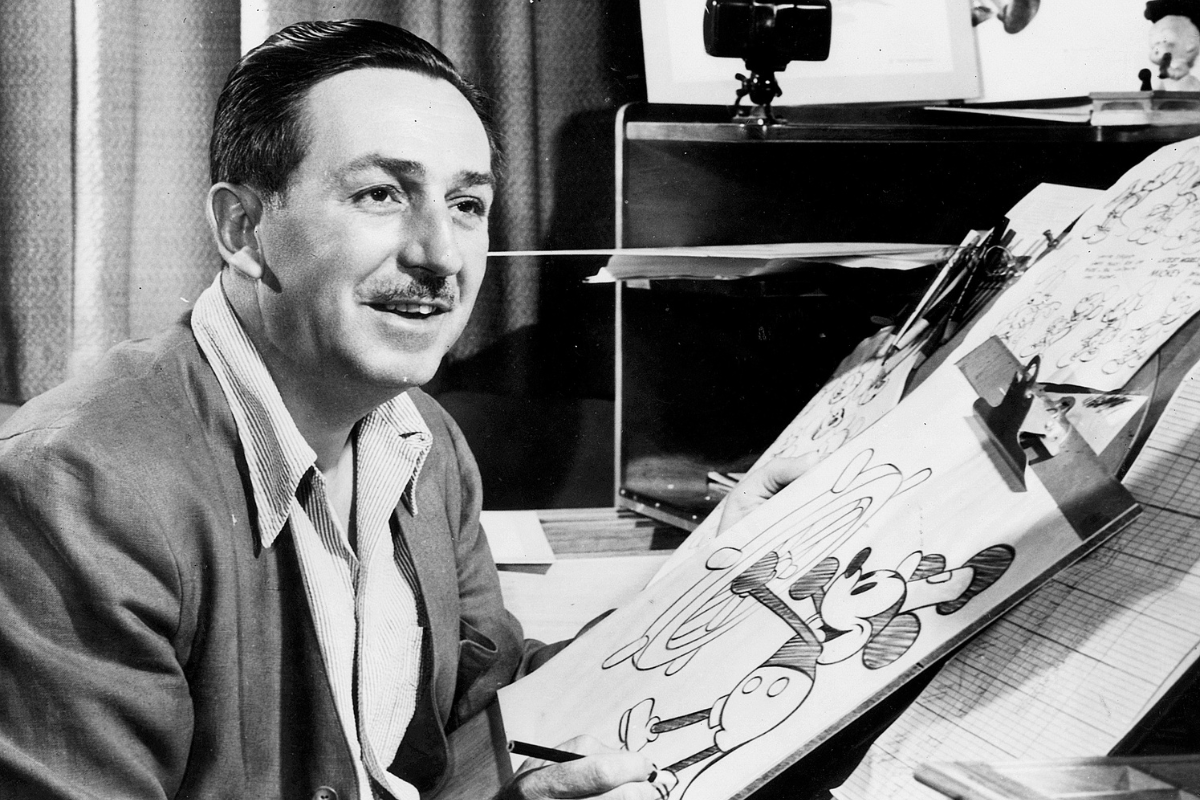For every entrepreneurial success story we hear about, there are thousands more failure stories we don’t.
In the dynamic, competitive world of business, where innovation, competition and constant change reign supreme, failure is often painted as the antithesis of success. But a deeper examination suggests that failure plays an essential role for entrepreneurs who go on to achieve success in the future.
Federico Re is considered one of the Australia’s top startup, business and executive coaches. An incredibly successful entrepreneur in his own right, in 2007 he established dynamic entrepreneurial coaching business Creative Entrepreneur, and since then he has mentored several hundred clients from a variety of business sectors toward achieving success.
“I see failure essentially as an important ingredient to success; you can’t succeed unless you fail.”
“I’ve had a number of businesses and learned a lot about business building, and these experiences really gave me a reality check on just what it takes to succeed in business,” Re says.
“I felt compelled to be a coach and help other aspiring entrepreneurs to pursue their dreams and really leverage off their passion, visions and skill set to be able to achieve what they wanted to.”
Re says he has never seen business failure as a bad thing.
“I see failure essentially as an important ingredient to success; you can’t succeed unless you fail. One of my favorite quotes is from Henry Ford: ‘Failure is just a resting place. It’s an opportunity to begin again more intelligently.’” he explains.
“Failure is an opportunity to stop, to reflect, to reinvent yourself, to use wisdom and hindsight to be able to go on to the next step and do it better. Personally, I’ve had a few big knocks, but also lots of wins, and that’s part of life and business.
“When I screw up, I see it as all part of the learning experience, which is why I would never change a thing about any of it.”
Failure breeds success

Founding a high-growth business is not for the faint-hearted. According to the United States Bureau of Labor Statistics, nine-out-of-10 startups will ultimately fail. Bleaker still, 10 percent won’t even survive their first year in business.
The reasons why startups fail can be myriad and complex. However, all failures ultimately provide valuable learning experiences for entrepreneurs to critically evaluate where things went wrong. This information they will take with them as they embark on their next venture.
Re says one of the most common red flags he sees when it comes to failure is when the entrepreneur loses sight of their purpose and vision.
“They begin with a clear vision, then one month, six months or a couple of years in, they might get bogged down by the reality, the logistics and the commitments of the everyday and lose sight of the bigger picture,” he explains.
“Failure is an opportunity to stop, to reflect, to reinvent yourself, to use wisdom and hindsight to be able to go on to the next step and do it better.”
“Part of the entrepreneurial process is to always be redefining that vision and keeping it clear in your mind. Around that vision comes legacy and purpose, which is what gets you out of bed each day and gives you that motivation to keep going, even after a big knock.
“When you don’t clearly see that vision anymore, that’s when failure steps in.”
Re says the way a person reflects on business failure will make all the difference as to whether they will learn the necessary lessons to move forward.
“People approach failure in two ways. The first is common among stubborn people with inflated egos and hubris; these people won’t learn lessons from their failure and will keep making the same mistakes again and again,” he explains.
“The second is someone who uses failure to understand where things have gone wrong, to reflect, re-strategize, re-plan and learn from others, and then to begin again, this time more intelligently and with a new strategy.”
Calculated risk taking

Risks are essential to the entrepreneurial experience, according to Re.
“If you don’t take risks, then the opportunity won’t be realized. I think it’s really important to balance between being a bull at the gate and being risk averse,” he says.
“Being able to apply different mindsets and different approaches to assessing risk is so important. It’s about knowing when to shift gear and perform the due diligence necessary to assess viability.”
Re also advises that entrepreneurs should not assess risk completely on their own.
“If you don’t take risks, then the opportunity won’t be realized.”
“Surround yourself with like-minded people: people who have experience like mentors and coaches, and also loved ones who are objective and will support you, no matter what,” he enthuses.
“Solopreneurs, in particular, can be bulls at the gate, but then they often crash and burn because they’ve simply not had the support network around them that gives them that encouragement and can offer another perspective.”
To truly appreciate the gift of failure, Re insists that entrepreneurs see it as an invaluable opportunity for learning for future endeavors. But most of all, he says it’s important to enjoy the entrepreneurial journey you’re on.
“Just love what you do; believe in yourself,” he says. “And remember to have fun along the way.”
Failing toward success

There are many successful entrepreneurs in modern times. Here we share the invaluable advice of five famous business figures to inspire you on your entrepreneurial journey.
Arianna Huffington
The Founder of The Huffington Post endured multiple rejections from publishers and later failed as a politician before establishing one of the world’s biggest news websites. Huffington was inspired by her mother’s advice when she was a teen: “Failure is not the opposite of success, it’s a stepping stone to success.”
Steve Jobs
Steve Jobs was fired from Apple, the company he co-founded, in 1995. Two years later, he returned as CEO and led Apple to become an international superpower. “If you’re afraid of failure, you won’t get far.”
Walt Disney
In his early career in newspapers, Walt Disney was fired from his job for “lacking imagination”. Disney went on to found Disneyland and capture the imagination of generations of children. “We can’t be afraid to fail. A failure we learn from is never a failure at all. Learn from your mistakes and you’ll go far.”
Michael Jordan
A promising young basketball player, Michael Jordan was devastated when relegated in his high school basketball team to junior varsity. He went on to become the greatest basketball player of all time and runs several highly successful businesses. “I’ve failed over and over and over again in my life. And that is why I succeed.”
Coco Chanel
The legendary fashion icon shook up the fashion world by refusing to abide by the rules. While she experienced several early failures, she ultimately went on to change the world of women’s fashion. “Success is most often achieved by those who don’t know that failure is inevitable.”







